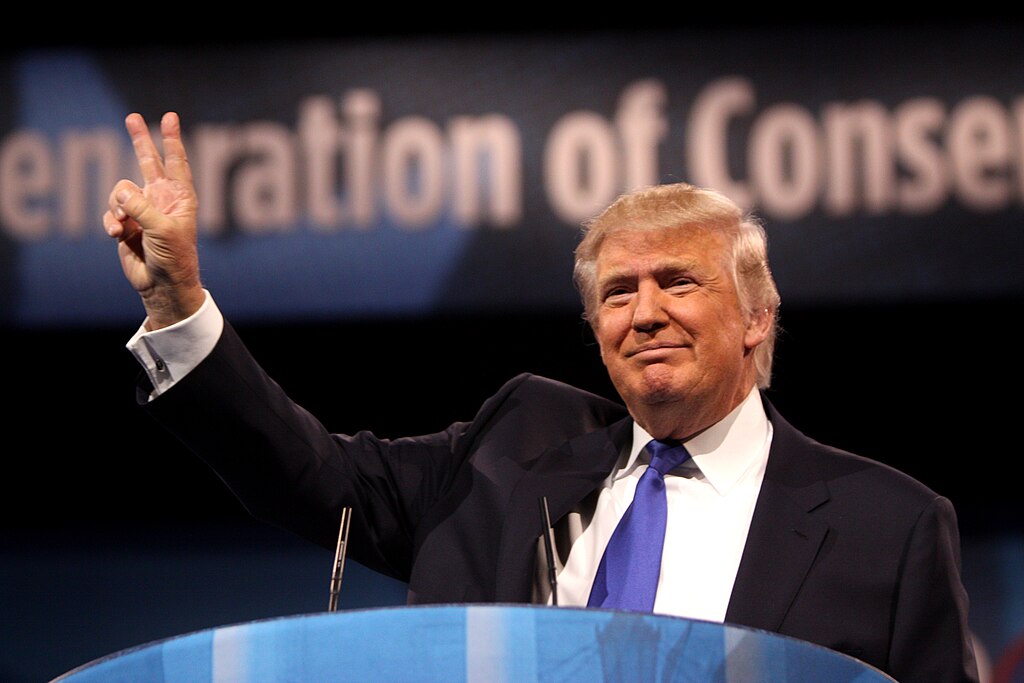A ceasefire agreement between Israel and Hezbollah, announced earlier this week, has drawn significant attention for its timing. Former NATO Supreme Allied Commander James Stavridis attributed the breakthrough to the impending inauguration of President-elect Donald Trump. Stavridis claimed that both parties were motivated by Trump’s reputation for aggressive foreign policy and the potential unpredictability of his administration’s approach.
Stavridis, a retired four-star admiral, suggested the ceasefire reflects concerns about how the Trump administration could reshape U.S. involvement in Middle Eastern affairs. His remarks have sparked debate over the role the incoming administration played in brokering the fragile truce.
While the ceasefire has been widely welcomed, some experts argue it is a temporary solution to deeply entrenched conflicts. Questions remain over whether Trump’s influence will lead to lasting peace or further escalate regional tensions.
Fear of Aggression as a Deterrent
Stavridis emphasized that Trump’s “America First” approach and hardline stance on foreign policy likely prompted both sides to de-escalate. He noted Trump’s track record of withdrawing from international agreements and prioritizing aggressive diplomacy could have convinced Israel and Hezbollah to reach a ceasefire before his inauguration.
The Trump administration has already indicated plans to review U.S. foreign aid policies and reevaluate alliances, particularly in the Middle East. Analysts believe these factors may have contributed to the urgency of the agreement.
Challenges Ahead
However, experts caution that attributing the ceasefire solely to Trump’s influence oversimplifies the complex dynamics of the region. The agreement comes after months of escalating violence, with both Israel and Hezbollah suffering significant losses. International mediators, including the United Nations, also played critical roles in facilitating discussions.
Critics of Stavridis’ assertion argue that attributing peace to Trump may overstate the impact of his presidency before it officially begins. They warn that the ceasefire may unravel without sustained diplomatic engagement.
Social Media Reactions Reflect Divided Opinions
The ceasefire announcement and Stavridis’ remarks have ignited heated discussions online, with netizens sharing a wide range of views:
- @MiddleEastMonitor: “Trump’s reputation may have scared both sides into a ceasefire, but is fear a sustainable strategy? #IsraelHezbollah”
- @GlobalPeaceNow: “Ceasefire credit goes to UN mediators, not Trump. Let’s not rewrite history before it happens. #MiddleEast”
- @RealPatriot4U: “This proves Trump’s leadership already works—just imagine the progress when he’s officially in office! #TrumpEffect”
- @AntiWarVoice: “Peace based on fear of war isn’t peace. It’s a ticking time bomb. #MiddleEastTensions”
- @DiplomacyMatters: “Interesting analysis by Stavridis, but let’s not forget the years of work by other leaders and diplomats.”
- @TrumpSupporter2024: “Stavridis is right! Trump’s no-nonsense style is exactly what the Middle East needs. #CeasefireWin”



 Trump Announces U.S. Strikes on Iran Navy as Conflict Escalates
Trump Announces U.S. Strikes on Iran Navy as Conflict Escalates  Trump’s Iran Strikes Spark War Powers Clash in Congress
Trump’s Iran Strikes Spark War Powers Clash in Congress  Israel Strikes Hezbollah Targets in Lebanon After Missile and Drone Attacks
Israel Strikes Hezbollah Targets in Lebanon After Missile and Drone Attacks  Why did Iran bomb Dubai? A Middle East expert explains the regional alliances at play
Why did Iran bomb Dubai? A Middle East expert explains the regional alliances at play  Argentina Tax Reform 2026: President Javier Milei Pushes Lower Taxes and Structural Changes
Argentina Tax Reform 2026: President Javier Milei Pushes Lower Taxes and Structural Changes  Melania Trump Chairs Historic U.N. Security Council Meeting on Children Amid Iran Conflict
Melania Trump Chairs Historic U.N. Security Council Meeting on Children Amid Iran Conflict  U.S.-Israel War on Iran Escalates as Gulf Conflict Disrupts Oil, Air Travel and Regional Security
U.S.-Israel War on Iran Escalates as Gulf Conflict Disrupts Oil, Air Travel and Regional Security  Trump Warns Iran as Gulf Conflict Disrupts Oil Markets and Global Trade
Trump Warns Iran as Gulf Conflict Disrupts Oil Markets and Global Trade  Supreme Court Backs GOP Lawmaker in New York Redistricting Fight Ahead of Midterms
Supreme Court Backs GOP Lawmaker in New York Redistricting Fight Ahead of Midterms  Failure of US-Iran talks was all-too predictable – but Trump could still have stuck with diplomacy over strikes
Failure of US-Iran talks was all-too predictable – but Trump could still have stuck with diplomacy over strikes  Zelenskiy Urges Change in Iran After U.S. and Israeli Strikes, Cites Drone Support for Russia
Zelenskiy Urges Change in Iran After U.S. and Israeli Strikes, Cites Drone Support for Russia  Trump to Attend White House Correspondents’ Dinner 2026, Ending Long Boycott
Trump to Attend White House Correspondents’ Dinner 2026, Ending Long Boycott  Suspected Drone Strike Hits RAF Akrotiri Base in Cyprus, Causing Limited Damage
Suspected Drone Strike Hits RAF Akrotiri Base in Cyprus, Causing Limited Damage  UK Accepts U.S. Request to Use British Bases for Defensive Strikes on Iranian Missiles
UK Accepts U.S. Request to Use British Bases for Defensive Strikes on Iranian Missiles  Trump Launches Operation Epic Fury: U.S. Strikes on Iran Mark High-Risk Shift in Middle East
Trump Launches Operation Epic Fury: U.S. Strikes on Iran Mark High-Risk Shift in Middle East  Rubio Says U.S. Would Not Target School After Deadly Iran Strike Reports
Rubio Says U.S. Would Not Target School After Deadly Iran Strike Reports  Israel Launches Fresh Strikes on Iran After Death of Supreme Leader Ayatollah Khamenei
Israel Launches Fresh Strikes on Iran After Death of Supreme Leader Ayatollah Khamenei 





























